Cryptocurrencies and the real estate market: entanglements and advantages
Cryptocurrencies, Blockchain and Bitcoin are terms that have entered powerfully into the collective imagination and modern culture, gaining more and more space and relevance.
Accompanied in the early years by skepticism and doubts, payments and investments through cryptocurrencies are now an established and secure way for moving money.
The security provided by the Blockchain, combined with its ease of use, makes the technology easily accessible, when one understands its basic mechanisms.
What is a Blockchain?
We are talking about a structure composed of individual digital blocks, connected to each other to form a secure encrypted network that makes every incoming transaction verifiable. Each block contains files of various kinds and information regarding the previous block: transaction data, time and date of recording, and unique cryptographic code.
Together, these elements make each block unique and do not allow any data to be changed, as a change would affect all previous blocks. Should an illicit change to a block occur, that block and its data will be excluded from the Blockchain and prevented from re-entering it.
This linear and easily traceable nature makes Blockchains very secure and suitable for peer-to-peer data transfer, potentially excluding intermediaries and financial institutions to complete the exchange. Moreover, as a digital ledger, Blockchain is decentralized, independent of geographic boundaries and immutable over time.
Spread and utilization of cryptocurrencies
The sectors influenced by crypto are many and expanding.
The gaming industry has made great strides, with international groups establishing loot boxes or video games based on this technology. Digital cards of famous sportsmen can cost even more than 50,000 CHF on major entertainment portals.
For its part, the art market has also developed new forms of digital expression.
NFTs (not fungible tokens) have gone through various phases, with strong price fluctuations and viral collections. Ultra-million-dollar sales of digital works and international collaborations help fuel the spread of this art form.
The world of music and entertainment is also taking advantage to the phenomenon, with album, magazines, and TV series covers made as NFTs sold at hefty prices, to the fortunes of producers and collectors.
The revolution is slowly moving toward widespread adoption.
From bill payments, to small everyday expenses crypto innovation is changing the payment habits of many people.
We are also witnessing this profound and radical change in Lugano, which through the Lugano Plan B program – https://planb.lugano.ch/ – aims to become the cryptocurrency capital of Europe.
Even by simply scrolling through the map of the outlets participating in the project, one realizes how strong and present-oriented the digital transformation is.
What influences does this have on the real estate market?
The main advantage found by the introduction of crypto into our market concerns the purchase of real estate abroad.
Complications arising from distance and thus long travels, bureaucracy and complex property succession are almost totally eliminated by a transition that exploits of the digital wallet.
One of the main purposes of this new form of currencies is precisely to decentralize, diminishing the power of banks and intermediaries to date essential to complete the exchange.
In addition, the NFTs mentioned above have another huge advantage: they identify a unique owner, whether it is an imaginary or physical asset, such as real estate or a part of it.
The Blockchain into which NFTs are placed can take on legal value, acting as a notarized deed in the presence of a digital signature.
A token can represent a portion of a property, thus allowing small investors to purchase a portion of the property (mainly under construction) to resell later by recording a capital gain. This practice would be impossible in the absence of a shared networked digital marketplace.
Just as with many other industries, real estate requires large amounts of paperwork to make an exchange official and traceable. This entails the use of a lot of paper and classic filing that is difficult to manage.
So too, at the ecological level, a digital exchange offers its benefits. However, this is mitigated by the weight of the individual block: the more files a block contains, the higher the transaction cost. One solution to get around this economic issue are SVG files, which are very lightweight and can be directly registered on the Blockchain.
Various property purchases are being recorded worldwide and the phenomenon appears to be growing, including in Europe.
The Swiss market is showing interest accompanied, however, by a certain coldness. A series of transactions that make noise will probably be needed to shake things up. The industry’s key figures, from acquaintances, portals, agencies, to the notaries, give a unique sense of security that is hard to give up.
Buying a house deeply involves the intimate side of each of us, and being able to lean on trusted people is still crucial in the decision-making phase.
The buying process in case of investment is also simplified by the existence of the digital market, offering new areas of economic development even for the less affluent.
The introduction of digital currencies will radically change the forms of exchange of goods and services, almost as much as done by the landing of the Internet.
The key to success for each industry will be to not show excessive resistance, to identify and take advantage of the new benefits, and to offer a service that will become increasingly in demand and established.
Change is an integral part of our society, and the real estate market, as well as many other socio-economic aspects, will be changed by the integration of cryptocurrencies, albeit in lesser forms than other fields.


